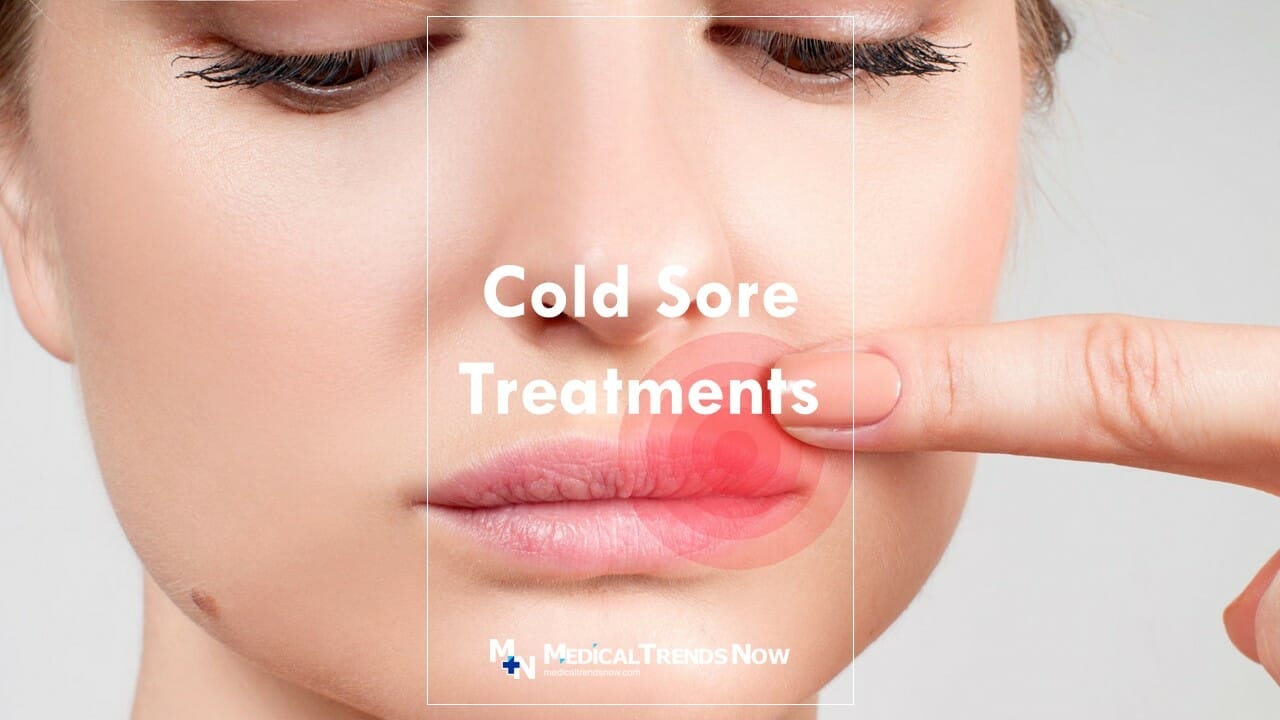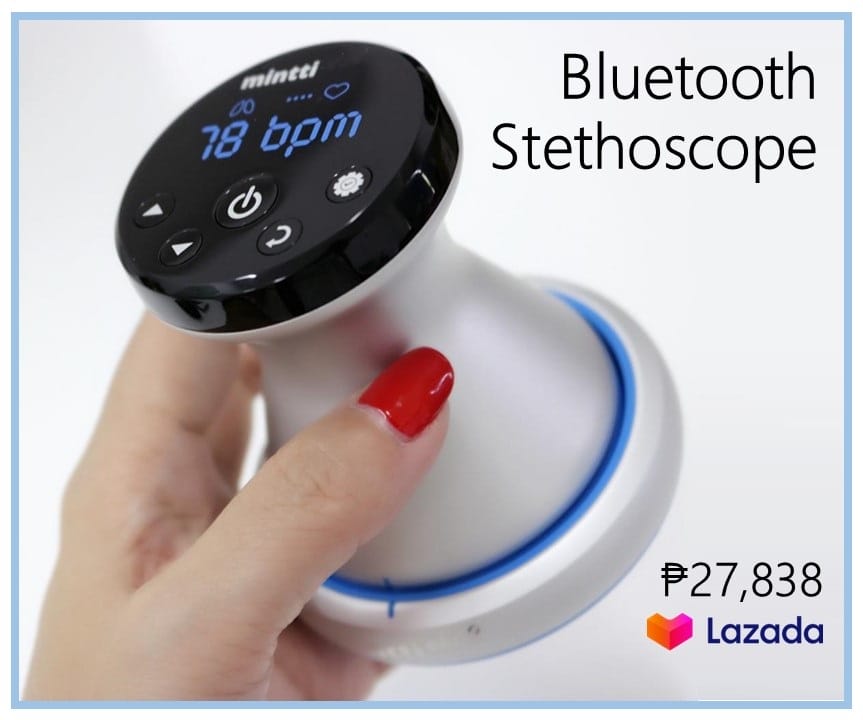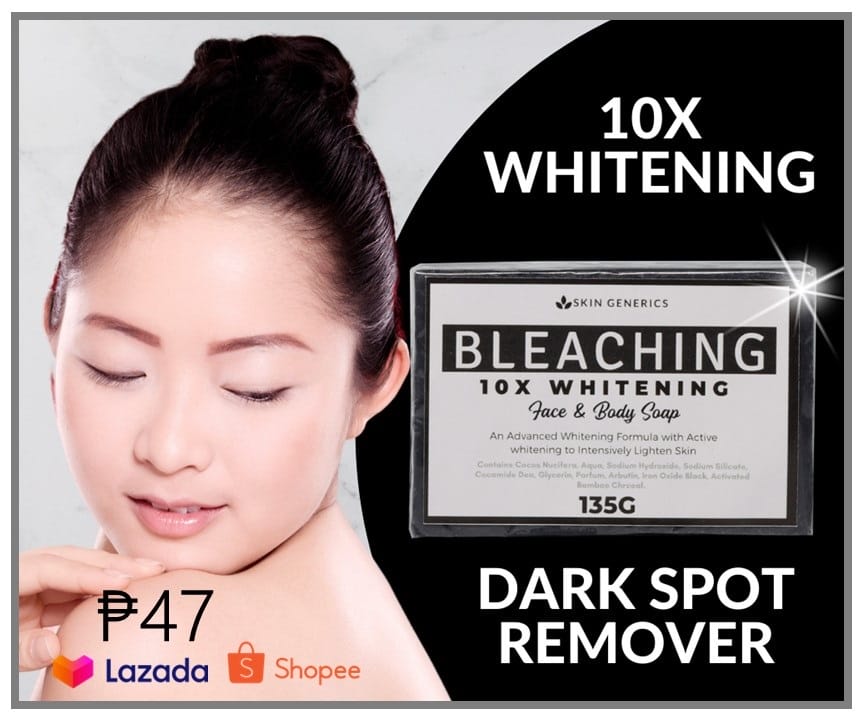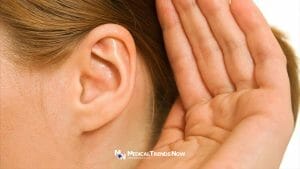Table of Contents
Cold sores are uncomfortable, unsightly, and sometimes painful. Knowing how to treat cold sores properly is key to easing the discomfort and preventing future outbreaks. In this article, we will discuss what you should know about cold sores and how to treat them. We will cover topics such as the causes of cold sores, how to recognize them, and available treatments. By understanding these topics, you can learn how to treat cold sores effectively and prevent them from recurring.
What are Cold Sores?
Cold sores, also known as fever blisters, are small and painful blisters that usually appear on or around the lips. They are caused by the herpes simplex virus (HSV) and are highly contagious. Cold sores can be painful and itchy and tend to last for up to two weeks. While they can be uncomfortable, they can be managed with medications and lifestyle changes. It is important to understand what cold sores are, how they are caused, and how to prevent them from spreading.

What Causes Cold Sores?
Cold sores are caused by the herpes simplex virus (HSV) and can be uncomfortable, irritating, and sometimes even embarrassing.
HSV-1 is the most common cause of cold sores, but HSV-2 can also cause them. It is estimated that up to 80% of people have the virus, even if they do not experience any symptoms. Common triggers for cold sores include stress, fatigue, sun exposure, hormonal changes, and illnesses like a cold or the flu.
When the virus is activated, it causes a sore to appear around the mouth, which typically starts as a red patch and then develops into a fluid-filled blister. This blister can then burst and ooze before it starts to heal.
Cold sores usually heal within 7-10 days without medical intervention, but there are treatment options available, such as antiviral medications and topical creams, for those who want to reduce their healing time.
What are the Signs and Symptoms of Cold Sores?
Most people experience a burning, tingling, or itching sensation before the blisters appear. The most common signs and symptoms of cold sores include redness and swelling in the affected area, painful and itchy blisters, a yellowish crust that forms after the blisters break open, and pain while eating or drinking. Other symptoms can include fever, swollen lymph nodes, headaches, and fatigue.
If you are experiencing any of these symptoms, it is important to see your healthcare provider for diagnosis and treatment.
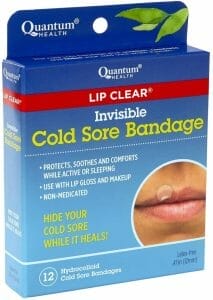
Treatments for Cold Sores
Cold sores can be a painful and embarrassing problem, but fortunately there are many treatments available to help reduce the symptoms. The most common treatment is antiviral medications, which work to reduce the severity and length of an outbreak. Applying ice or cold compresses can also be helpful in relieving pain and discomfort, while other topical treatments, such as creams or ointments, can help reduce redness and swelling.
Additionally, it’s important to avoid touching the cold sore, as this can spread the virus to other parts of the body. Natural remedies such as aloe vera and vitamin E oil may also be beneficial in reducing symptoms, while some people find relief from using essential oils such as tea tree oil or lemon balm.
Finally, drinking plenty of fluids and getting enough rest can help support the body’s natural healing process. By following these treatments, it’s possible to quickly reduce the symptoms of a cold sore and get back to feeling your best.

How to Prevent Cold Sores?
- Avoid sharing utensils, lip balm, or anything that comes in contact with your mouth.
- Use sunscreen on your lips when you are going to be out in the sun for prolonged periods of time.
- Practice good oral hygiene by brushing and flossing your teeth regularly.
- Avoid stress, as it can trigger an outbreak.
- Stay hydrated and get enough rest.
- Consume foods that are rich in lysine, such as yogurt, eggs, fish, meat, and potatoes.
- Avoid acidic and spicy foods that can irritate the skin around the mouth.

When to Seek Medical Help for Cold Sores?
Cold sores are a common virus that often occurs on or around the lips. They are caused by the herpes simplex virus, and while they don’t usually require medical attention, it’s important to be aware of when it’s time to seek medical help. In general, any cold sore that lasts longer than two weeks should be seen by a healthcare provider. You should also seek medical attention if you experience any of the following symptoms: extreme pain or swelling, fever or chills, or difficulty breathing.
Additionally, if you have a weakened immune system due to an illness or medication, you may be more prone to frequent outbreaks and should consult with your doctor. It’s also important to note that pregnant women should seek medical care for cold sores, as the virus can be passed onto their baby during delivery. To prevent cold sores from occurring in the first place, practice good hygiene and avoid sharing items such as drinking cups, eating utensils, and lip balm with others.
Lastly, if you have any questions about cold sores and when to seek medical help, contact your doctor for guidance.

FAQs
Who is at risk of getting cold sores?
Cold sores are an uncomfortable and often embarrassing condition that can affect anyone. However, some people are more at risk of developing cold sores than others. Generally, cold sores are caused by the herpes simplex virus (HSV) and are most common in adults.
People with weakened immune systems are more prone to contracting HSV, as are those who have had it before. Additionally, those who have had a recent fever, cold, or other illness may be more likely to get cold sores. Babies and young children may be especially vulnerable due to lack of immunity and exposure to others who have cold sores. In some cases, emotional stress or overexposure to the sun can trigger an outbreak.
It is important to note that cold sores can also be spread through physical contacts, such as kissing or sharing utensils or cosmetics. To minimize risk of spreading or contracting the virus, it is important to practice good hygiene and avoid contact with active lesions whenever possible.
What are the risk factors of cold sores?
- Stress
- Sun exposure
- Hormonal changes
- Weakened immune system
- Skin damage from injury or surgery
- Sharing items such as utensils, towels, and razors
- Certain medications, such as steroids or immunosuppressants
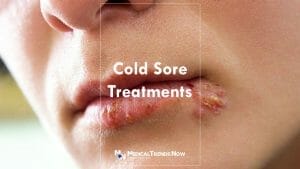
Is there a home remedy for cold sores?
Cold sores are an uncomfortable and often embarrassing problem that can affect many people. But there is no need to despair! There are a variety of home remedies that you can use to help treat cold sores and reduce their severity.
The first step is to keep the affected area clean by washing it with warm water and mild soap and to avoid touching the sore. Applying a cold compress is another popular remedy, as it can reduce inflammation and help speed up healing time.
Additionally, you can try dabbing diluted tea tree oil on the sore or using a topical cream containing lysine, which helps to suppress the virus.
Finally, it is important to eat a healthy diet rich in vitamins and minerals, as this can help to strengthen your immune system and give your body the tools it needs to fight off infection. With these simple steps, you can make your cold sore experience easier and more bearable!
Final Thoughts
In conclusion, there are a few things you can do to treat cold sores: wash your hands regularly and avoid touching the cold sore, use a topical cream or gel, avoid kissing, eat foods that help fight infection, and take over-the-counter medications such as ibuprofen or acetaminophen.
Cold sores can be uncomfortable and annoying, but there are plenty of ways to manage the symptoms. Over-the-counter medications, home remedies, and lifestyle changes can help reduce the severity of a cold-sore outbreak. If your cold sores persist, you should visit your doctor for further advice or treatment. Taking preventative measures such as limiting exposure to sunlight and avoiding stress can also help reduce the risk of future outbreaks.
Disclaimer
This website is intended to educate both members of the general public and those working in the medical field on the prevalence, causes, and methods for preventing, diagnosing and treating diseases that affect people throughout their lives. This website’s content is provided solely for informational reasons and is not meant to serve as a substitute for the advice of a qualified medical practitioner.
Sources: How to Treat Cold Sores
- Cold sores: Diagnosis and treatment – American Academy of Dermatology Association
- Cold sore – Diagnosis and treatment – Mayo Clinic
- How to Get Rid of Cold Sores – WebMD
- Cold sores – NHS
- How Can I Get Rid of Cold Sores Quickly? – Houston Methodist
- Cold sores – BetterHealth.vic.gov.au
- Cold Sores: Symptoms, Causes, Treatment & Prevention – Cleveland Clinic
- Cold sores – causes, symptoms and treatment – Healthdirec

